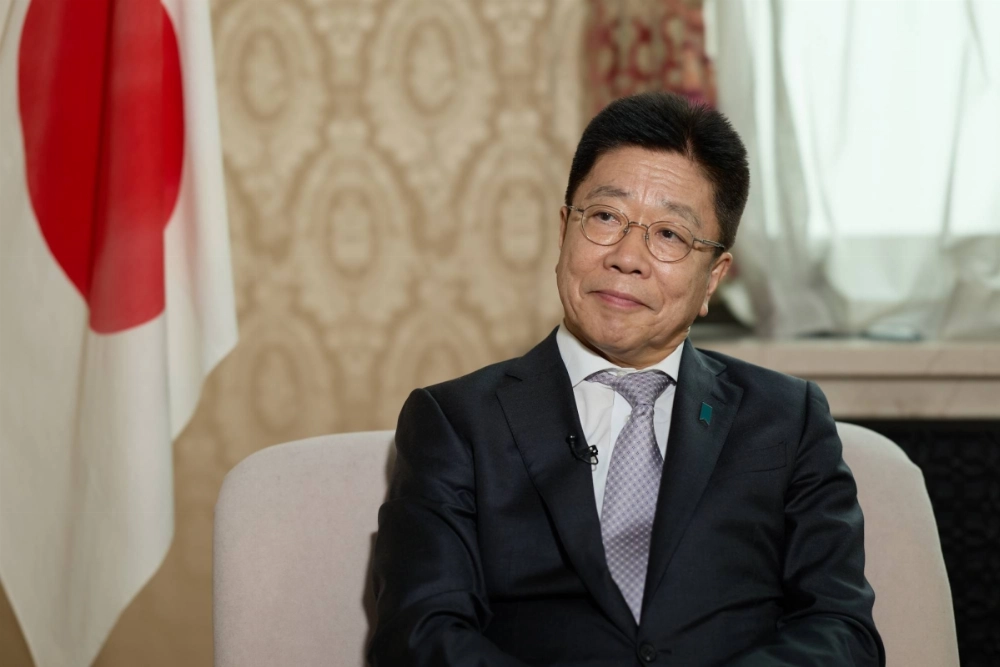Japan told Group of 20 countries that tariffs aren’t the right way to fix imbalances, and that countries facing such situations need to address them through domestic efforts, according to Finance Minister Katsunobu Kato.
"Japan said that tariffs aren’t really the right tool to fix excessive current accounts imbalances,” Kato told reporters Thursday. U.S. Treasury Secretary Scott Bessent did not attend the gathering.
Kato spoke after the first day of the Group of 20 Finance Ministers and Central Governors’ meeting near the city of Durban on South Africa’s east coast. He was a lead speaker in several sessions, including a closely watched one on the global economy.

















With your current subscription plan you can comment on stories. However, before writing your first comment, please create a display name in the Profile section of your subscriber account page.